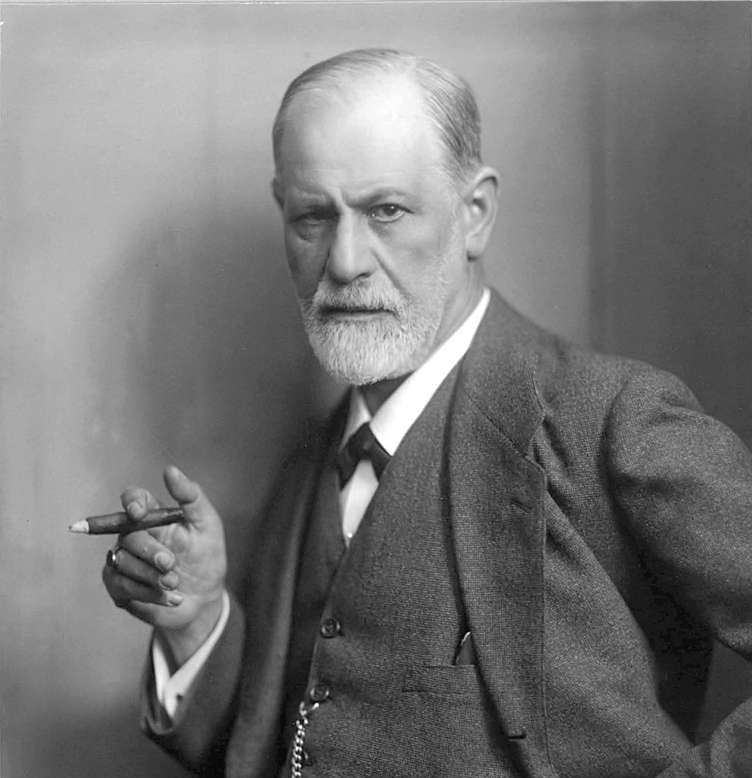
Published December 9, 2022
The recent outcry surrounding a sermon at Trinity College, Cambridge, in which a Junior Research Fellow apparently attempted to find transgender references in artistic depictions of the crucified Christ, is yet another incident that speaks to various pathologies set loose in our culture.
First, it is important to note that the idea that ascribing female genitalia, or subtle intimations of such, to Christ is not new with the advent of the trans issue. I recall similar arguments being made by Church of Scotland theologian Ruth Page in her book, The Incarnation of Freedom and Love, though she did so in the service of feminism not transgenderism.
Every era has its particular blasphemies but sometimes the blasphemers are merely repurposing the work of an earlier generation. This latest silliness may be shocking, but it also made me roll my eyes: another wannabe radical offering a retread of second-hand sacrilege as if he was breaking important new ground. Is this what Trinity College, alma mater of great minds from Newton to Wittgenstein, now rewards with research fellowships? Truly we live in a day of small things. And minds.
Second, liberal theology never ceases to amaze with its ability to dress up the childish and the downright silly as somehow sophisticated. The crass genital fixation of our hypersexualized culture is in part the legacy of Freud. Freud’s reduction of the erotic to the erogenous was comprehensively exposed as utterly inadequate by Roger Scruton many years ago in his book Sexual Desire. Yet the obsession with such continues, fueled no doubt by pornography and our sleazy hook-up culture.
The strange thing is that typically such genital obsession has been regarded as childish, the thing of smutty jokes, knowing winks, and dirty laughs. Freud, of course, dismissed religion as infantile and simplistic. Ironically, its modern liberal form, in an attempt to present itself to the world as somehow more grown up than the Sunday school faith so much decried today, seems to have become very childish indeed, and that in large part because it has adopted some of Freud’s own fixations.
Third, this incident indicates the damage that our society’s increasing emphasis on the particularity of identity has done to classic Christian orthodoxy. It would never have crossed Cyril of Alexandria’s mind that every Christian needed to have their particular experiences and identities inscribed into the humanity of Jesus in order for him to be savior. Jesus did not need to be a woman to save women, or trans to save the trans, or disabled to save the disabled. He simply needed to be human, to take unto himself that nature that is more ultimate than either biological divisions or social constructs. That is what the Book of Hebrews teaches us.
That some now need to be able to see him as female to see him as savior is nothing more than the assertion that his first-century Jewish human nature is insufficient for our present purposes. It is to demand that he be made in our image, rather than us in his.
And finally, there is a warning for us all here. When it comes to Christology, the danger of identity eisegesis is no monopoly of the sexual progressives. The temptation to thank God that we, as orthodox Christians, are not like others—such as this silly blasphemer over here in Trinity College Chapel—can be overwhelming. But I remember my first Bible as a child, the one with the blond and blue-eyed Christ. And we can all no doubt recognize in ourselves the tendency to want to find in Jesus a precedent for whatever our own pet political peeve might be.
If we can learn anything positive at all from this horrible sermon, it is that the temptation to make Jesus and God in our own image is very powerful, very seductive, and ultimately very stupid. It must be resisted at all costs.
Carl R. Trueman is a fellow in EPPC’s Evangelicals in Civic Life Program, where his work focuses on helping civic leaders and policy makers better understand the deep roots of our current cultural malaise. In addition to his scholarship on the intellectual foundations of expressive individualism and the sexual revolution, Trueman is also interested in the origins, rise, and current use of critical theory by progressives. He serves as a professor at Grove City College.
Carl R. Trueman is a fellow in EPPC’s Evangelicals in Civic Life Program, where his work focuses on helping civic leaders and policy makers better understand the deep roots of our current cultural malaise. In addition to his scholarship on the intellectual foundations of expressive individualism and the sexual revolution, Trueman is also interested in the origins, rise, and current use of critical theory by progressives. He serves as a professor at Grove City College.










